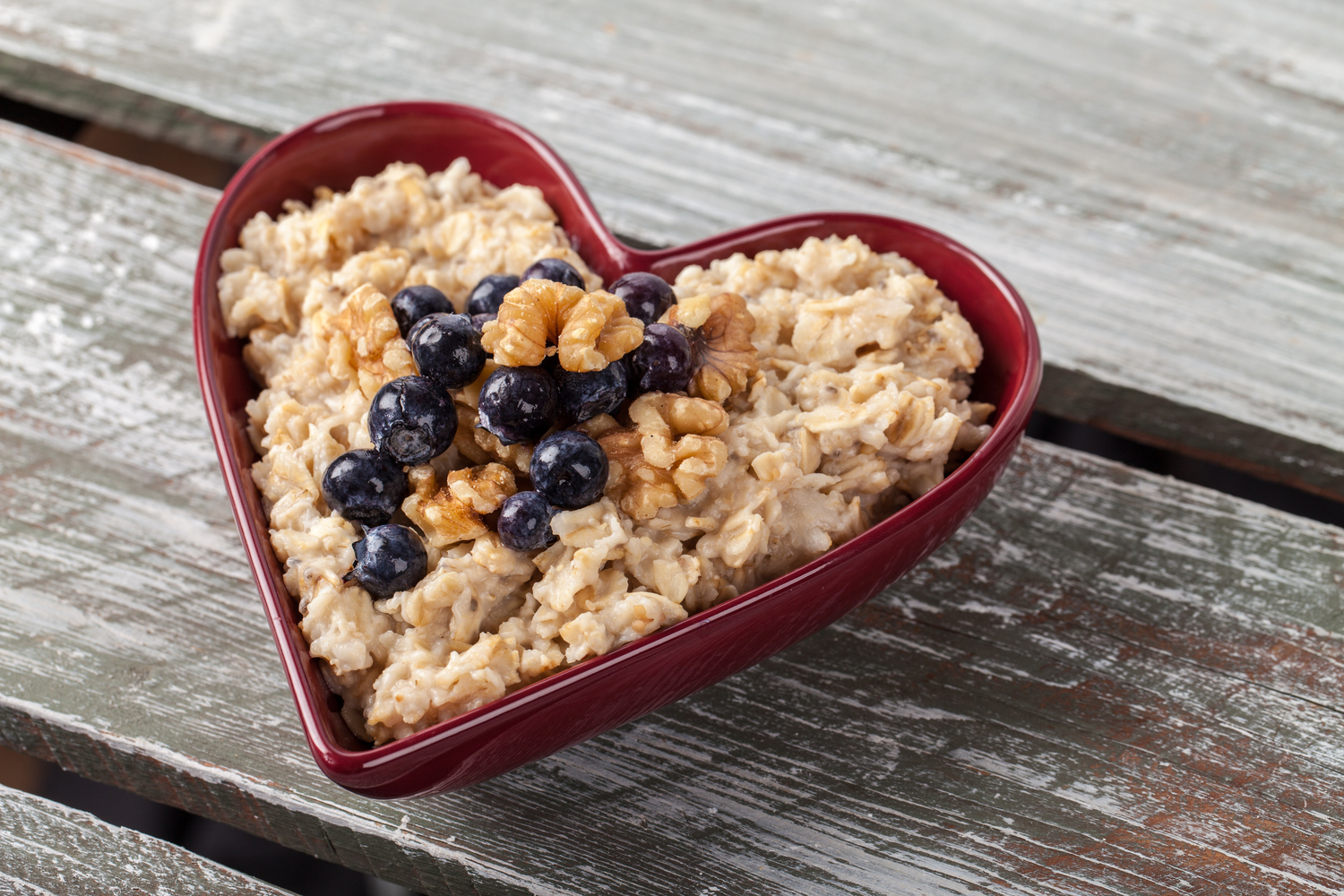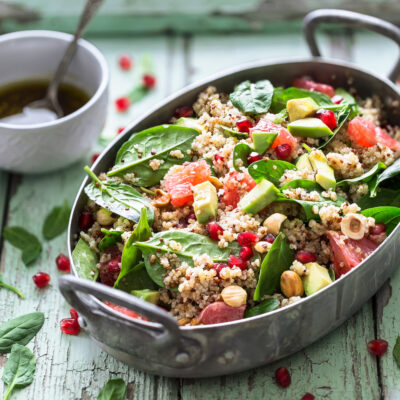
Dietary Tips to Manage Ulcerative Colitis Flare-ups
Ulcerative colitis is a condition that causes inflammation of the large intestine (colon) and rectum. It also causes inflammation in the inner lining of the colon. This results in digestive issues, irregular bowel movements, diarrhea, nausea, weight loss, and abdominal pain. Most doctors attribute this condition to dietary and food habits as all these symptoms occur after a meal. So, apart from medication, an important part of the treatment is to follow the dietary tips for ulcerative colitis. They not only relieve the symptoms but also prevent further flare-ups. This is a chronic condition, so patients must be careful with their diet for every single meal.
Dietary tips for ulcerative colitis after a flare-up
The goal of dietary tips for ulcerative colitis is to alleviate the symptoms and compensate for the loss of vitamins and minerals from the body during a flare-up. The diet will also be commensurate with how tolerant the bowels are toward food during a flare-up.
If the inflammation and symptoms are mild, patients can have a light meal. However, if the inflammation is severe, along with severe diarrhea, the meal can be supplemented with high-calorie liquid formula drinks. If the loss of nutrients has resulted in malnourishment, patients can add 500 kCal of formula supplements.
Additional fluid intake can be in the form of non-citrus fruit juices with no sugar, non-carbonated drinks, and herbal teas. One should avoid citrus fruit juices, carbonated sugary drinks, and strong coffee and tea with milk.
Patients can resume a normal diet as the inflammation reduces. Even then, it is suggested that one should gradually start from a lighter diet with smaller portions and after the body and bowel functioning is normal, they can switch to their routine diet. However, since this is a chronic condition, it is always better to keep an eye on what is being consumed.
It is advised to start with high-carb foods that can be easily digested, like vegetable broth, oatmeal, or rice porridge. If the body can tolerate these foods, patients can then move on to the following:
- White bread
- Cooked and strained fruit
- Boiled veggies or lean meat with low-fat sauce
- Porridge with skimmed milk
- Low-fat curd
Another helpful dietary tip for ulcerative colitis is to have smaller portions of food and about four to five meals with a gap of 3 hours in between rather than having three heavy meals in the day. If the patient does not face any issues with this, they can go on to have smaller meals:
- Cooked in low-fat oils and low-fat dairy
- Lean meat and fish
- Low-fat baked items
- Stewed fruits
- Digestion-friendly vegetables like cauliflower, celery, and zucchini
Avoid uncooked food like salads and raw fruits
Patients should try each set of foods for at least 3-4 days. Once their body can tolerate this set of food, they can rest assured that they are fully recovered. It is important to give time for the symptoms to alleviate and eating food that the colon cannot tolerate can lead to a relapse. A relapse can be severe, and it can lead to malnutrition and dehydration, and even hospitalization.


